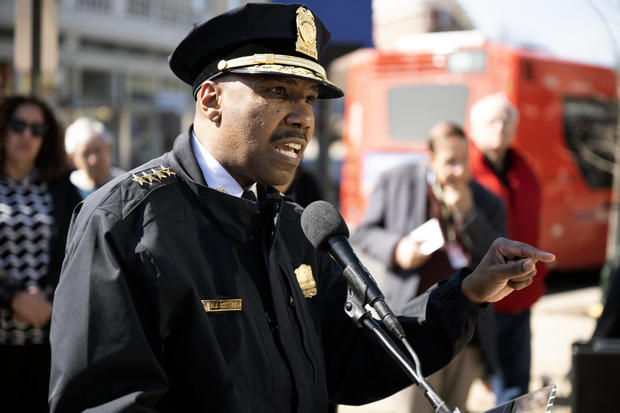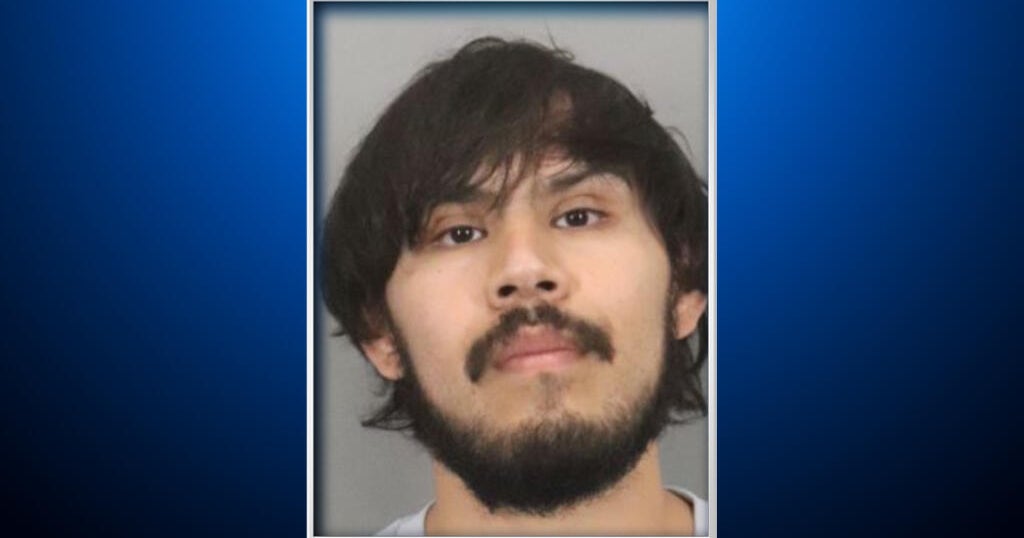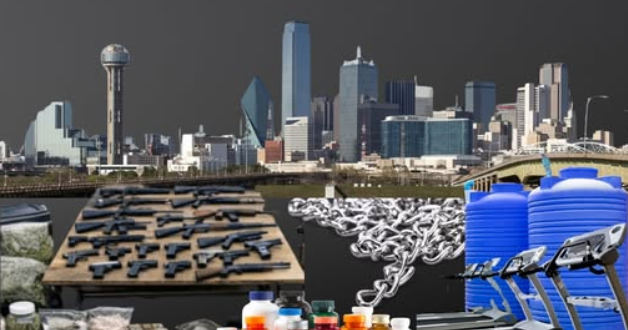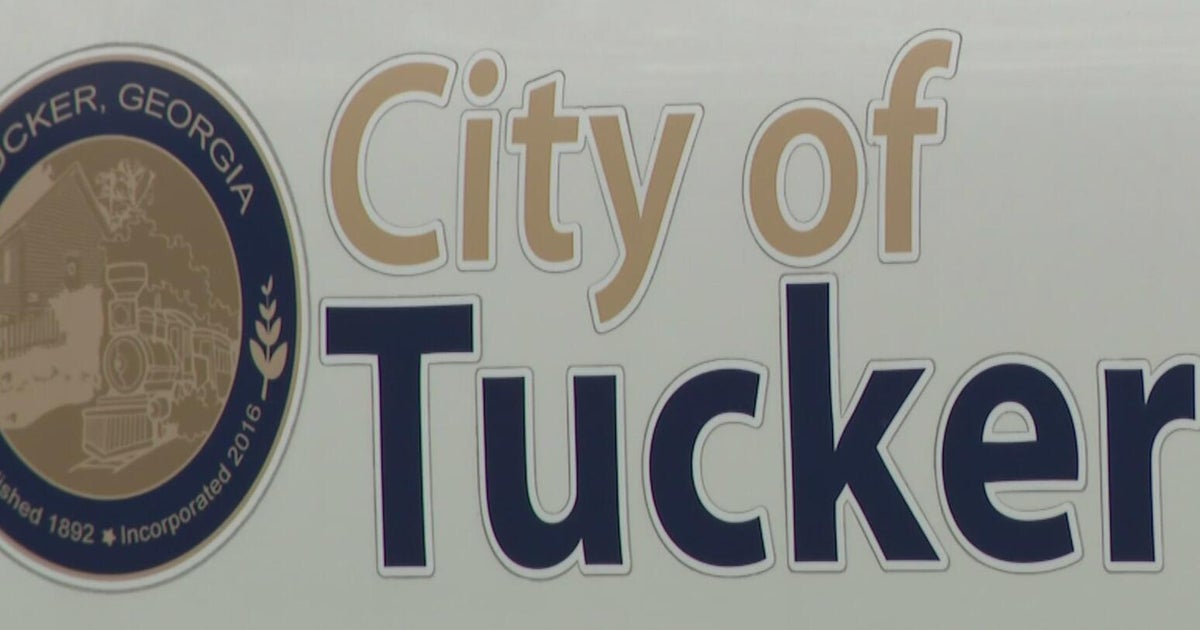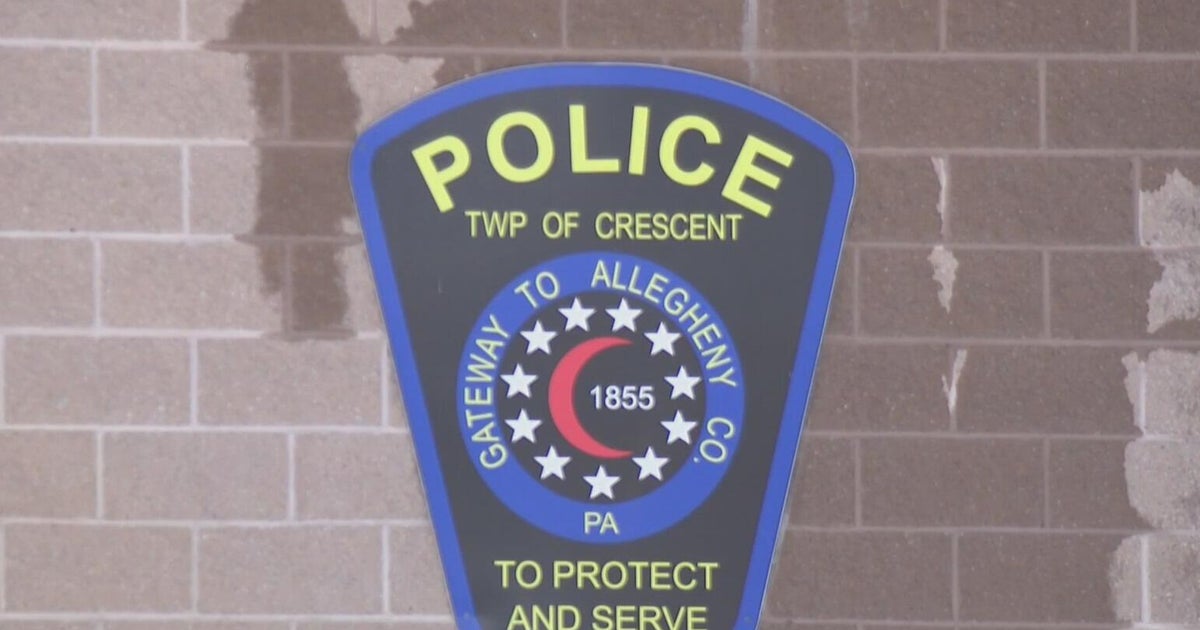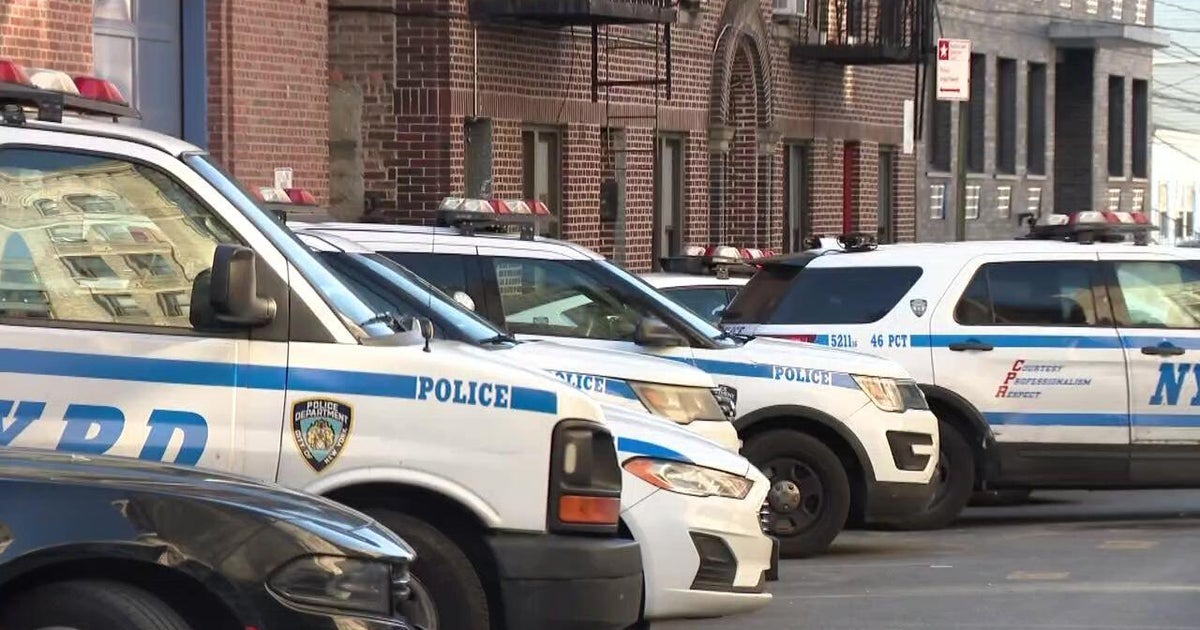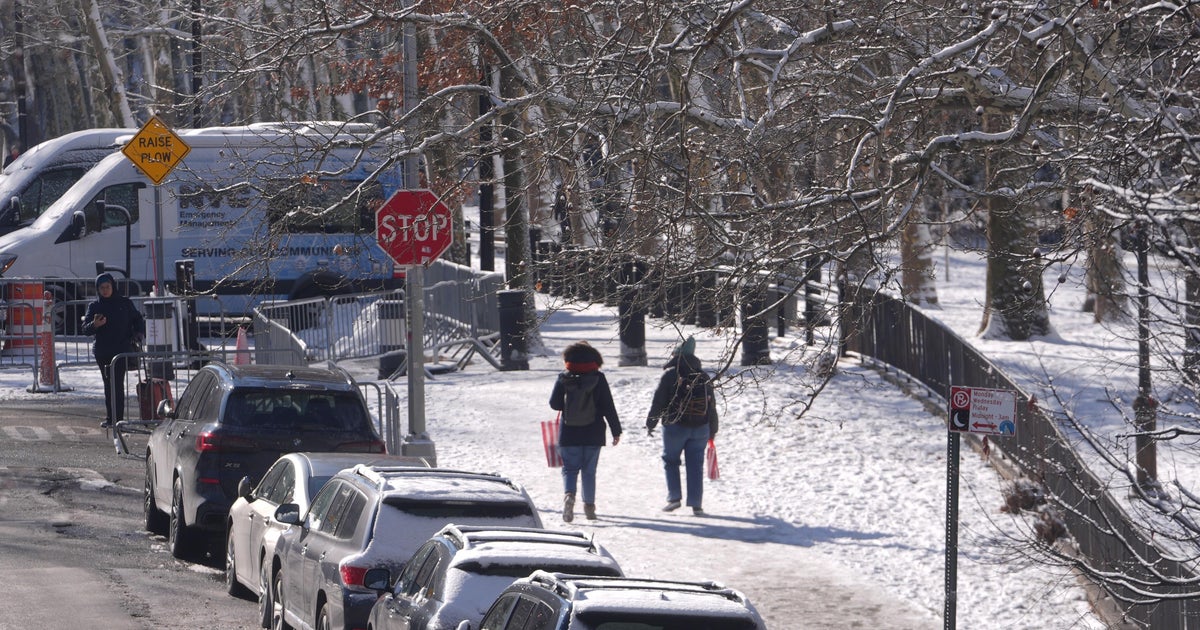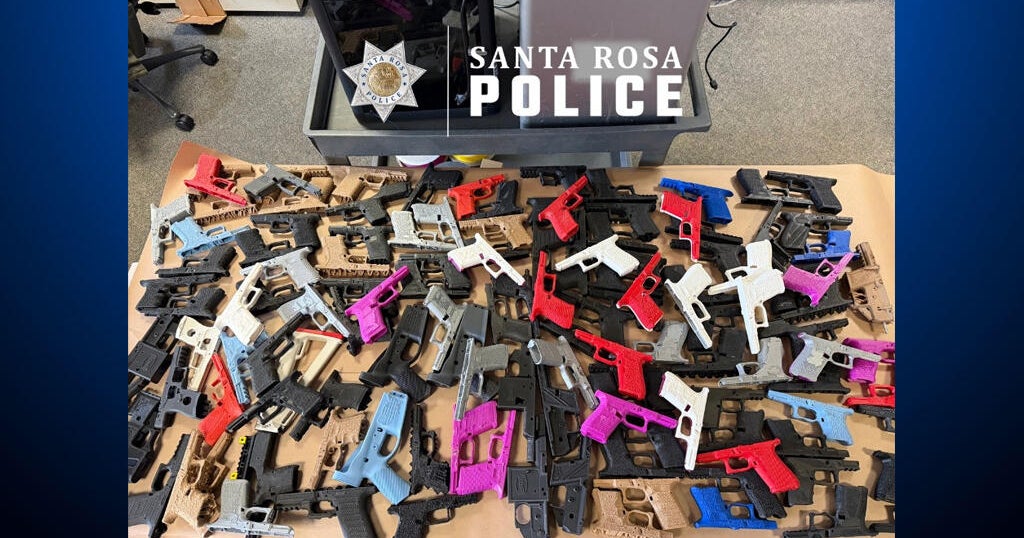Outgoing D.C. police chief on city's rising crime rate: "A lot more guns are in communities now"
Washington – Metropolitan Police Chief Robert Contee will be leaving the department, officials announced Wednesday evening, and has been tapped to join the FBI.
Contee, who has served as chief since January of 2021, and with the department since 1989, will be departing, D.C. Mayor Muriel Bowser confirmed.
Sources told CBS News that Contee will be joining the FBI as assistant director of the Office of Partner Engagement.
The news comes just one day after Contee spent several hours with CBS News in an effort to understand the crime challenges facing American cities.
"There are a lot more guns are in communities now, a lot more guns than what we experienced over the course of my time here in the police department," Contee told CBS News Tuesday.
Contee said he has been facing a shortage of officers, with D.C. police staffing at a half-century low.
"Whether it's D.C., New York, L.A., Detroit, Chicago, it doesn't matter, like, everybody is having this struggle when it comes to recruiting and retaining police officers," Contee said.
He explained that the funding infrastructure is in place to add more officers, but "the challenge right now is really making sure that we have an environment that's supportive of our police officers to make people want to be police officers."
On April 21, eight people were wounded in shootings in the neighborhood of Southeast D.C., including a 12-year-old girl. None of the injuries were life-threatening, police said at the time. According to the latest city statistics, overall crime in the nation's capital so far this year is up 25% compared to 2022. Homicides are up 20% and motor vehicle theft is up 106%, the numbers show.
Contee said that, often, violent crime can be linked to illegal firearms.
"When you talk specifically about the violent crime, early in this year, we had a couple of cases where we saw individuals just shooting people, shooting each other for no reason," Contee said. "Individuals who are unable to resolve disputes, simple arguments that turned into homicides. Why? Because people have access to illegal firearms. And when they have access to illegal firearms, they use them, unfortunately."
He also argues that there has been a lack of prosecutions. Last year, the U.S. Attorney's Office for the District of Columbia declined to prosecute about two-thirds of people arrested by Metropolitan police.
"When police officers enforce the law, that's only one part of that criminal justice ecosystem," Contee said. "It's only one part of it, because that case, then again, has to be prosecuted. Like, people would assume that, yeah, bad guy got robbed somebody, bad guy goes to jail, bad guy is not back out in the community. That's not necessarily the case."
In a statement, the U.S. Attorney's Office for D.C. told CBS News that it "prosecutes violent crime, including gun violence, as aggressively as we ever have, charging over 90% of our most violent felonies, and prosecuting every firearms offense we believe we can prove beyond a reasonable doubt."
It went on to note that "with firearms offenses and non-violent felonies, our ability to prosecute has been hampered by recent changes in the law and the shutdown of the city's forensics lab."

